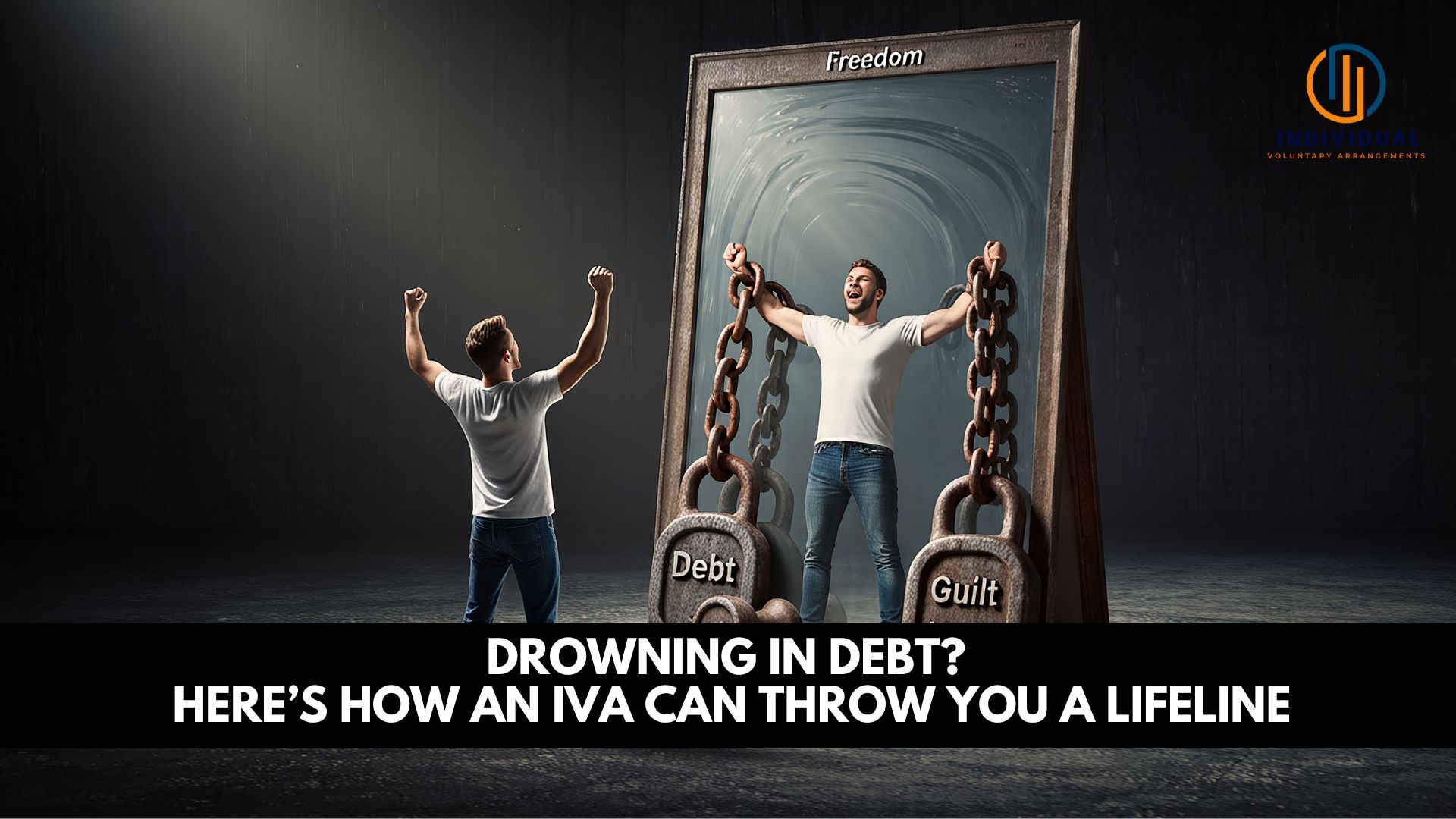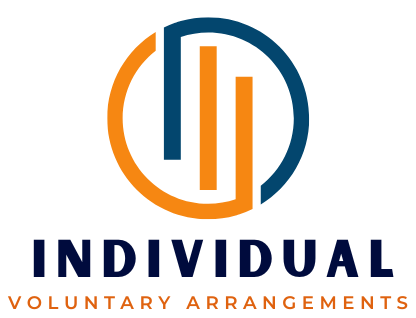

When debt starts to feel unmanageable, many people in the UK struggle to see a way out. Missed payments, mounting interest, and constant calls from creditors can make daily life stressful. It’s easy to feel trapped, but there are structured solutions that can help you regain control. One of the most effective is an Individual Voluntary Arrangement, or IVA. Understanding how it works could be the turning point towards financial stability.
Why Do So Many People in the UK Struggle with Unmanageable Debt Today?
Many households face growing debt due to rising living costs, reduced income, and reliance on credit. Unexpected events such as illness, job loss, or divorce often make it worse. Over time, small debts can combine into one overwhelming total. When repayments become impossible, stress and anxiety follow quickly. Recognising that debt is common and solvable is the first step toward finding help.
What Happens When You Can’t Keep Up with Repayments Anymore?
When payments fall behind, lenders may add charges or refer the account to debt collection agencies. This can damage your credit score and make borrowing more expensive later. Legal action or wage deductions might follow if debts remain unpaid. Acting early prevents these steps and keeps your options open. At this point, many people begin exploring structured debt solutions such as IVAs.
Discovering the IVA Solution
What Exactly Is an Individual Voluntary Arrangement (IVA)?
An IVA is a legally binding agreement between you and your creditors that allows you to repay what you can afford. It’s designed for people with multiple unsecured debts who need a structured plan. You make one monthly payment based on your budget, usually over five or six years. Once the arrangement ends, any remaining eligible debt is written off. This structure helps you manage debt while keeping your dignity and financial control.
How Does an IVA Work to Reduce or Write Off Your Debt?
An IVA works by freezing interest and stopping extra charges once it’s approved. You make affordable payments based on your income, expenses, and household needs. Creditors agree to accept these reduced payments as full settlement after the term ends. This means you pay what’s fair rather than what’s impossible. Over time, the arrangement helps you rebuild stability and confidence.
Who Qualifies for an IVA and Who Doesn’t?
You may qualify if you owe more than £6,000 to at least two different creditors and have a steady income. It suits people who can make regular payments but cannot afford full repayment. Those with very low income or no disposable income may need a different debt solution. Homeowners and renters can both apply as long as payments are sustainable. Speaking to a qualified debt advisor confirms your eligibility and helps you choose the right option.
Can an IVA Really Stop Creditor Contact and Legal Action?
Yes, once your IVA is approved, all creditor contact and legal action must stop. Debt collection calls, letters, and court proceedings are frozen under the law. This protection brings immediate relief and allows you to focus on repayment. Only your appointed insolvency practitioner can communicate with creditors from that point forward. It’s one of the biggest advantages of entering an IVA.
What Types of Debts Can Be Included in an IVA?
An IVA covers most unsecured debts such as credit cards, loans, overdrafts, and store cards. It can also include tax arrears and some utility bills. However, it does not usually cover secured debts like mortgages or car finance. These must continue separately to avoid losing essential assets. Understanding which debts qualify helps set realistic expectations before you start.
What Happens During a Financial Assessment Before Starting an IVA?
The process begins with a full review of your income, expenses, and total debt. This financial assessment ensures the repayment plan is realistic and fair. You’ll discuss your situation confidentially with a licensed insolvency practitioner who builds your proposal. The goal is to create a plan that supports both your financial stability and your creditors’ interests. Once complete, your proposal is sent to creditors for approval.
How Is Your Repayment Plan Worked Out and Agreed Upon?
Your repayment plan is based on what you can afford after essential living costs. Creditors vote on your proposal, and if 75% (by debt value) agree, it becomes legally binding. From that point, you make one monthly payment managed by your practitioner. Funds are then distributed fairly among your creditors. Having a clear structure brings predictability and peace of mind.
How Long Does an IVA Last and What Happens at the End of It?
Most IVAs last five to six years, depending on your circumstances. If you’ve kept up with payments, any remaining eligible debt is written off when it ends. You’ll receive a completion certificate confirming you’re free from the included debts. This document is important for your financial records. Once complete, you can begin planning your financial recovery with confidence.
Can You Keep Your House, Car, or Savings Under an IVA?
In most cases, you can keep essential assets like your home and car, provided payments are up to date. The IVA focuses on affordability, not punishment. Homeowners might be asked to release equity if possible, but it’s handled fairly and within limits. Vehicles needed for work or daily life are usually protected. With careful budgeting, you can maintain stability while repaying debt.
How Does an IVA Affect Your Credit Score and Financial Future?
An IVA appears on your credit file for six years from the date it starts. During this period, obtaining new credit will be difficult. However, this is temporary and can be rebuilt over time. Once your IVA ends, responsible financial habits and small, well-managed credit lines can help repair your score. The process may take time, but the outcome is financial recovery.
What Happens If Your Circumstances Change While in an IVA?
If your income changes or an emergency affects your payments, contact your practitioner immediately. Adjustments can often be made to keep your plan on track. Temporary payment breaks or reduced contributions may be allowed in genuine hardship. Keeping communication open avoids default and ensures creditors stay supportive. Flexibility is built into the system to help you complete successfully.
What Are the Pros and Cons of Choosing an IVA Over Other Debt Solutions?
An IVA offers legal protection, frozen interest, and a single manageable payment. It can write off remaining unsecured debt after completion, providing a clear finish line. The main drawback is the effect on your credit rating and financial restrictions during the term. Unlike bankruptcy, however, you usually keep your home and employment unaffected. For many, it strikes the right balance between relief and responsibility.
When Is the Right Time to Seek Professional IVA Advice?
You should seek advice as soon as debts start to feel unmanageable. Early guidance prevents late fees, stress, and poor credit decisions. A debt professional can assess your situation and explain all available options. Acting sooner rather than later increases your chances of a successful outcome. Reaching out for help is a sign of strength, not failure.
What Happens Once Your IVA Is Successfully Completed?
Once your IVA is complete, you’re officially free from the included debts. You’ll receive a completion certificate and can begin rebuilding your credit record. Maintaining a simple budget helps prevent new debt. Some people choose to set up savings plans to prepare for future expenses. Life after an IVA is about stability, control, and renewed confidence.
How Can You Rebuild Your Credit and Confidence After Becoming Debt-Free?
Rebuilding starts with small, consistent actions like paying bills on time and monitoring your credit report. Applying for a low-limit credit card and paying it off in full each month can help. Keep old accounts open to show a longer credit history. Focus on stability rather than quick fixes. Over time, lenders will recognise your progress and financial reliability.
How Can Individual Voluntary Arrangements Help You Take Back Control?
Individual Voluntary Arrangements provides expert support throughout every stage of the IVA process. Our team guides you from initial assessment through proposal preparation and ongoing management. Every plan is built around your real-life situation, ensuring affordability and compliance. We aim to help you regain control of your finances with clarity and confidence. With professional guidance, you can move forward towards lasting financial freedom.
Why an IVA Could Be the Lifeline That Changes Everything
Debt can feel overwhelming, but it doesn’t have to define your future. An IVA offers structure, protection, and a realistic path back to financial health. It allows you to repay what’s manageable while rebuilding your life step by step. Choosing this route means committing to change, and that commitment leads to freedom. With the right support and plan, debt relief becomes achievable, and life starts to feel manageable again.




